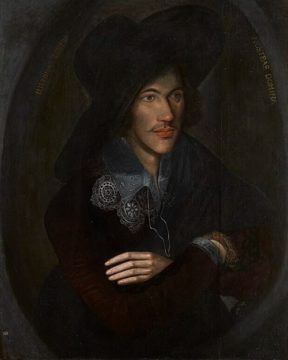

“Donne was ever able to hold two conflicting truths in front of him…Humanity, as he saw it, was rotten with corruption and weakness and failure - and even so it was the great light of the universe…Few people would turn to Donne’s poetry or prose, with its twisting logic and deliberate difficulty, for solace - but you might turn to him to be reminded that for all its horror, the human animal is worth your attention, your awe, your love.”ĭonne had rich occasions for observing the human condition at all levels of society, as his life was a shapeshifting sequence of identities. But this was true in Donne the poet, as well, whose penchant for ironic oppositions shines through in late devotional verses and in love lyrics, too - and even in the copious correspondence and longer prose of his youth: As Rundell reminds us, Donne’s creative pilgrimage was less a stark shift from one mode to another than a blossoming of creative genius long present.Ĭertainly, Donne the preacher was a singular master of gripping, knotty language where faith, love, and death - always, for him, the ground of human existence - tangle in a three-way cage match of late-Renaissance paradox. But this foreshortened angle is more conveniently biographical than artistic, and it’s misleading. To be sure, the historical Donne is a dazzlingly ironic love poet, a contemporary of Shakespeare and Jonson who - at age 41 - seemed to shift gears abruptly, becoming a sermonizing priest and writer of the celebrated Holy Sonnets.

The author sets out to overturn the narrow angle on Donne that many of us have picked up like a subtle classroom virus. Humble because John Donne’s life and work lie on a path well-trodden by scholars flashy because Rundell is a playful, incandescent stylist who brings scintillating insight to her subject.


Super-Infinite is both humble and flashy. In this new critical biography, Katherine Rundell brings us a fresh take on the poems, prose, and protean identities of a 17th-century master of the English language.


 0 kommentar(er)
0 kommentar(er)
